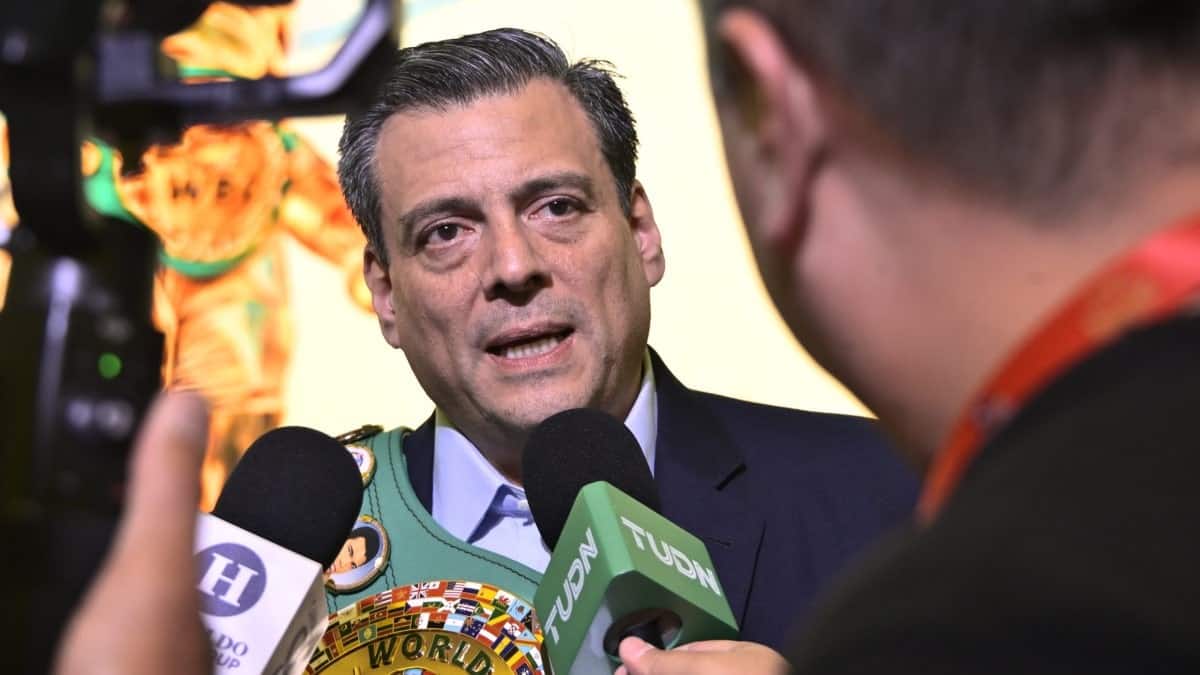World Boxing News can report another fall for boxing on the sporting mortality list following a drop outside the top ten in 2021.
As WBN reported at the time, boxing no longer held a place in the top ten most dangerous sports for causing death. World Boxing Council President Mauricio Sulaimán has since added that boxing is now fourteenth on the list in the wake of a devastating double tragedy in Japan that left the sport reeling.
Two fighters, Shigetoshi Kotari and Hiromasa Urakawa, lost their lives on the same card; a third may still not survive, a shocking reminder of boxing’s inherent dangers. The Japan Boxing Commission has since moved to implement immediate measures, with the WBC echoing calls for increased vigilance worldwide.
Sulaimán outlined that while boxing is far safer than in the past, it is everyone’s responsibility, promoters, managers, trainers, officials, and even families, to ensure maximum protection for those who step between the ropes.
“Our sport is ranked 14th in mortality rates, and constant improvements have been made. But we must never stop searching for ways to make boxing safer,” said Sulaimán.
Top 15 Highest Mortality Rate Sports
(In no order)
BASE jumping
Surfing
Boxing
Bull riding
Motocross
Rock climbing
Soccer
Hockey
Rafting
Cave diving
Free solo climbing
Heli-skiing
Rugby
Street luge
Wingsuit flying
Key Dangers Highlighted by the WBC President

Weight Cutting: Sulaimán described rapid weight loss as “the most dangerous enemy” in boxing, calling for tighter monitoring before and after fights.
Post-Fight Suspensions: He reiterated the need for enforced rest periods — ranging from 15 to 90 days depending on the severity of the bout.
Medical Oversight: Annual MRIs, pre- and post-fight exams, and valid commission licenses must remain non-negotiable.
Substance Use: Alcohol, recreational drugs, and PEDs remain a serious health threat. “Everything a fighter ingests must be verified,” Sulaimán warned.
Unequal Matchmaking: He slammed promoters who schedule fights with clear mismatches in skill, age, or experience, saying such practices “put lives at risk.”
Referees and Corners: Stopping fights at the right moment is vital. “There will always be another opportunity. Never let a fighter continue when they are clearly done.”
“We must all do our part.”
Sulaimán closed by stressing that the duty to safeguard fighters extends far beyond the ring. From sparring safety to hydration and nutrition, he urged constant vigilance.
“It is the responsibility of all of us in the boxing industry to do our part. Protecting fighters is not optional — it is essential.”
The WBC will continue to expand its Medical Task Force and back commissions worldwide in enforcing stronger regulations as the sport works to prevent further tragedies.
About the Author
Phil Jay is a veteran boxing journalist with over 15 years of experience covering the global fight scene. As Editor-in-Chief of World Boxing News since 2010, Jay has interviewed dozens of world champions and reported ringside on boxing’s biggest nights. [View all articles by Phil Jay] and learn more about his work in combat sports journalism.


